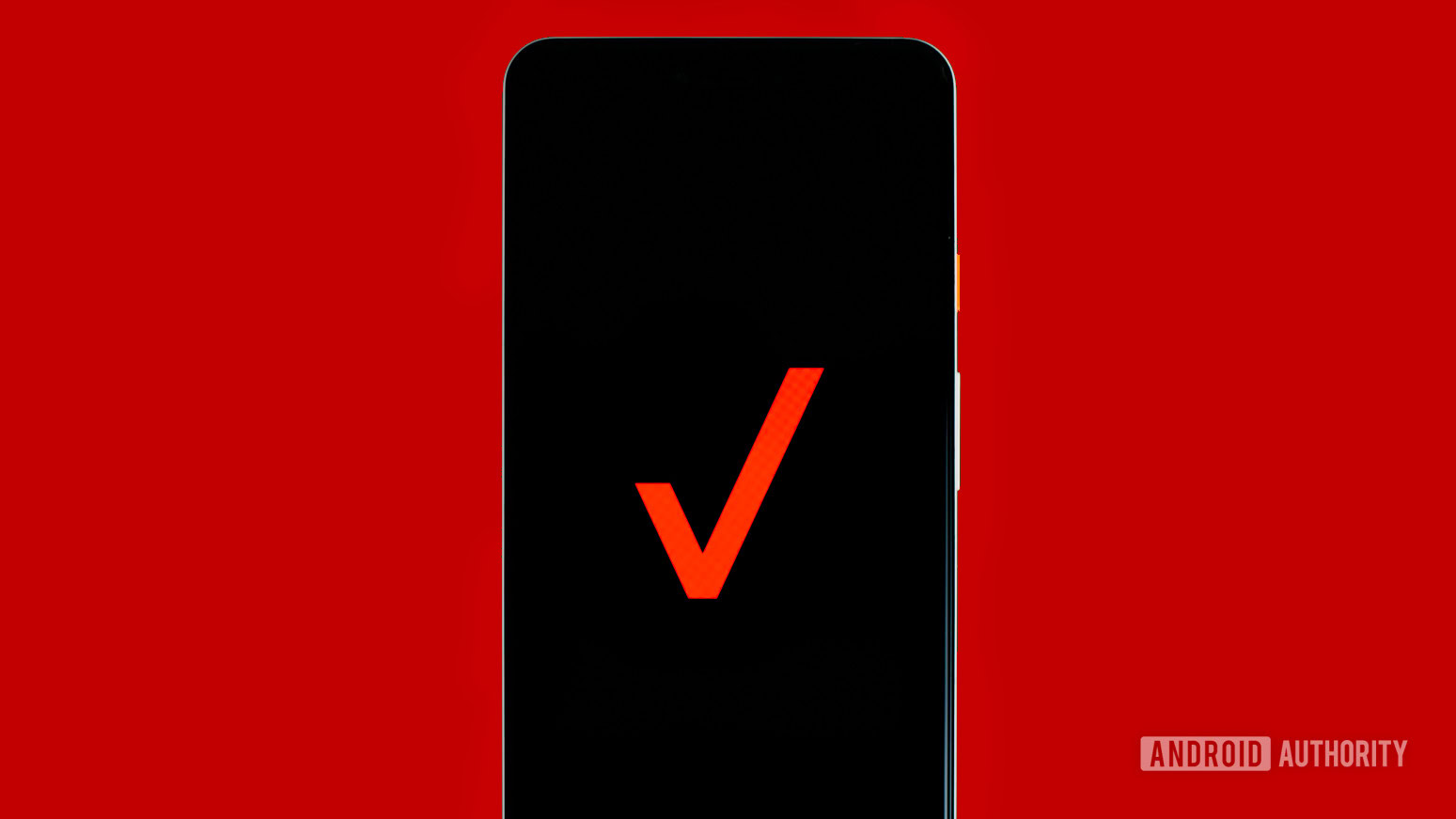Affiliate links on Android Authority may earn us a commission. Learn more.
Verizon rumored to launch its own online TV service this summer

The already crowded online TV service market in the US may add another competitor sometime this summer. A new report claims Verizon is going to launch its own online TV package with dozens of channels to binge watch on the internet.

The report from Bloomberg, citing unnamed sources, claims that Verizon has been busy acquiring the rights to stream content from a number of TV cable channels for its service. It would be separate from its FiOS cable TV service that is already available in a number of US cities. There’s no word on an exact launch date, and there’s also no info on the channels that will be included, nor any prices for its packages. It’s also unclear if people who are already signed up with FiOS or Verizon Wireless will get any discounts or benefits from this TV service.
If Verizon does launch its online TV service, it will have to compete with a number of other companies who have already launched their own. They include the Dish-owned Sling TV, Sony’s PlayStation Vue, and more recently DirecTV Now from Verizon’s biggest rival AT&T. Later this year, the streaming movie and TV service Hulu will launch its online cable service, and even Google plans to enter this particular thunderdome with YouTube TV sometime in 2017 as well.
According to industry analysts, only about 2 million people are currently signed up for internet-based TV services. Considering there are three such services that are already live, that is not a lot of people who have decided to ditch their normal cable service. With at least two, and possibly more, such internet-based TV services close to launching, they may be all be fighting for a very small audience who wants to move away from traditional cable or satellite TV services. That means more than one of them will be shutting down; the only question is which ones and when?